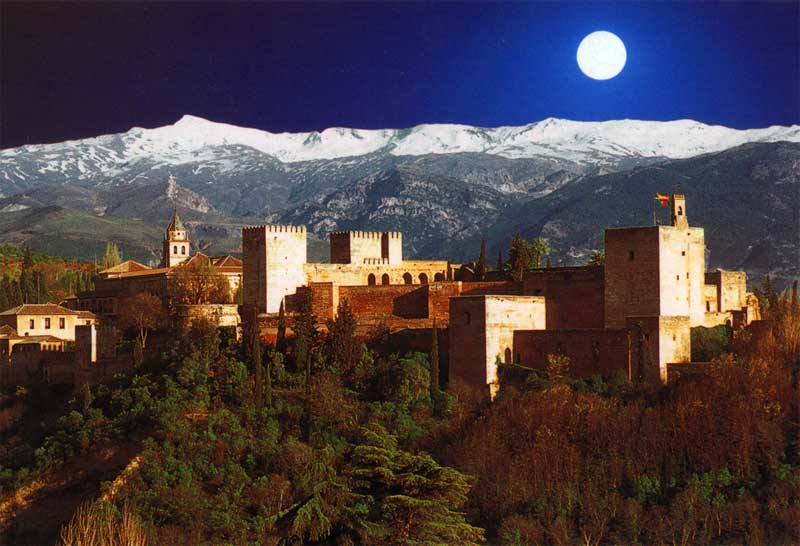Do you struggle with verb tenses?
Pretérito Perfecto Simple de Indicativo
(Also known as Pretérito Indefinido)
This past tense is nearly the same as the last one, Pretérito Perfecto Compuesto, as they express similar ideas.
On one hand, the "Compuesto" is a tense that tells us several actions in the past with a certain connection to the present; on the other hand, this "Simple" tense expresses actions in the past that aren't connected to the present at all. Anyway, this is use as another past tense.
Regular Forms
Cantar Beber Vivir
Yo canté bebí viví
Tú cantaste bebiste viviste
Él cantó bebió vivió
Nosotros cantamos bebimos vivimos
Vosotros cantasteis bebisteis vivisteis
Ellos cantaron bebieron vivieron
Pretérito Perfecto Simple
The concept this tense represents is what happened or what we did in the past. These are the actions that no longer have an effect in the present. It is commonly confused with the Compuesto, however, the reasons are as follow:
Comí paella el jueves
(I ate paella on Thursday)
Both the paella and Thursday are finished at the time of speaking, that is why we use this tense.
Los niños fueron al zoológico el año pasado
(Kids went to the zoo last year)
Last year is finished and so it takes us to this tense. The opposite would be "han ido al zoológico este año" taking into account this year is not finished yet.
Primero fuí a Granada, luego visitamos a unos amigos en Córdoba...
(I first went to Granada, then we visited some friends in Cordoba)
Storytelling. We can tell our stories and make a long chain of events just by using this tense. The only rule is that you ALWAYS tell what happened from the oldest issue and then you go on chronologically with the rest (to go back in time while we speak we'd need Pretérito Pluscuamperfecto).
CLARIFICATION
The changes of the tense regarding whether the action or the time are finished, represent the standard form of Spanish on this regarding.
However, throught the rich variety of Spanish slangs, dialects and realities, this may change. The rule above represent the general and traditional rule. Spanish from South America, Canary islands, northern Spain and several other regions do not necessarily follow this rule. These speakers will prefer to use THIS tense as the ONLY tense for the past, and they forget the "Compuesto" tense.



No hay comentarios:
Publicar un comentario